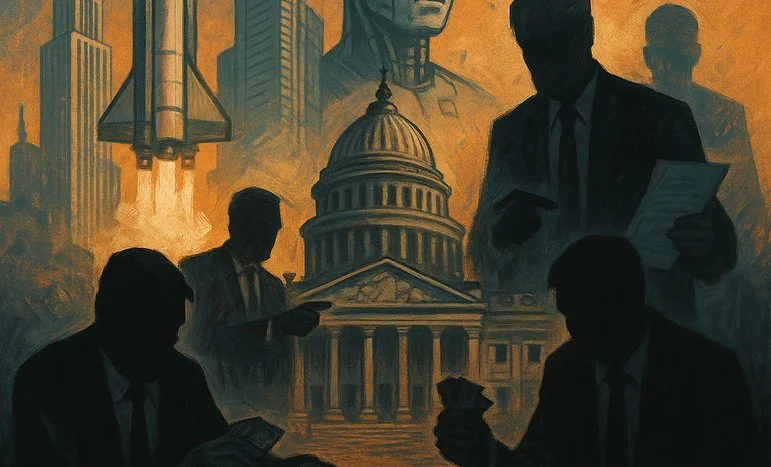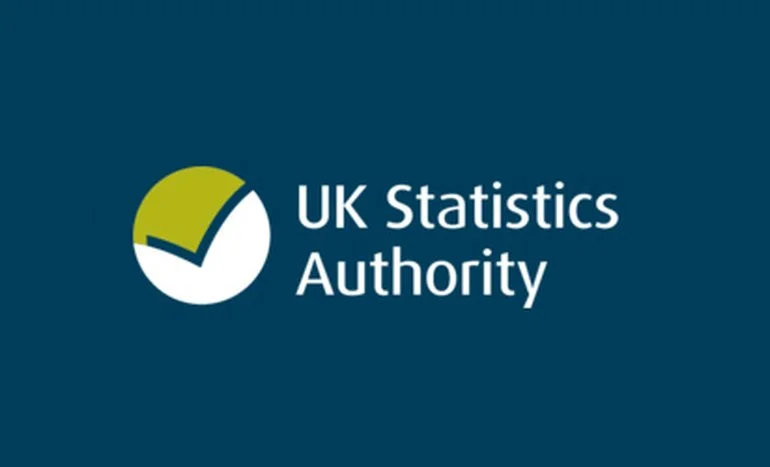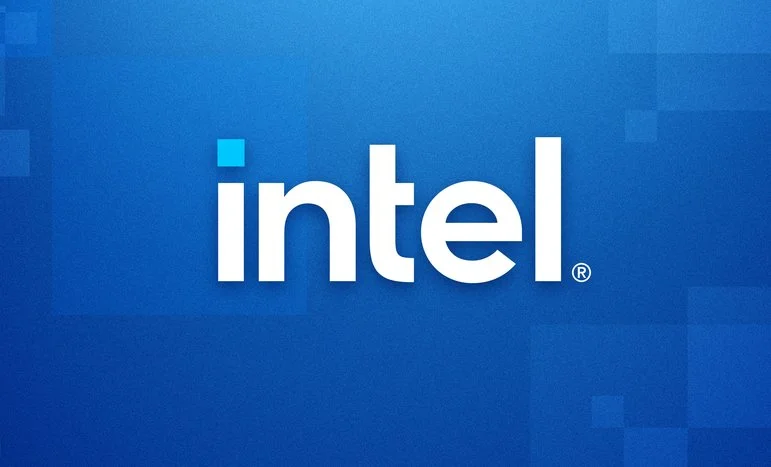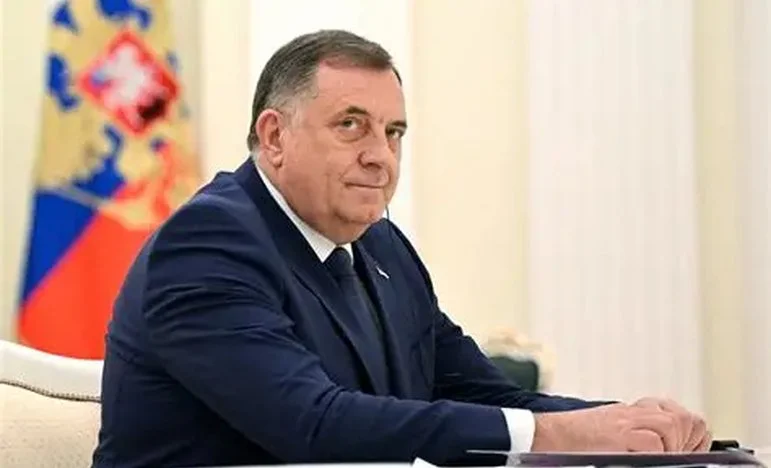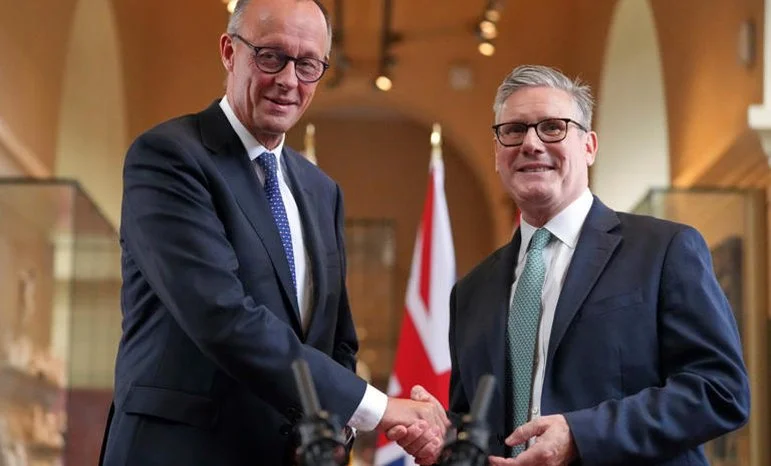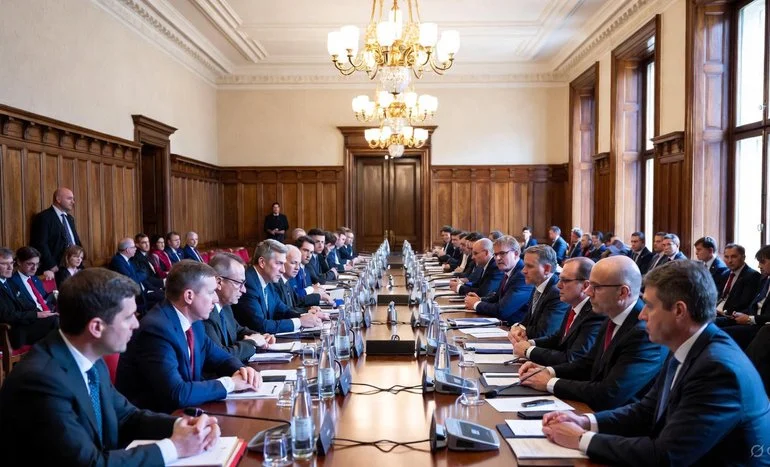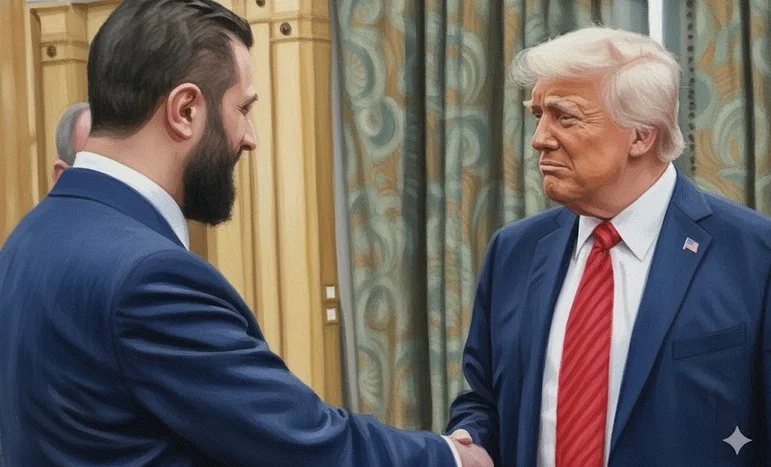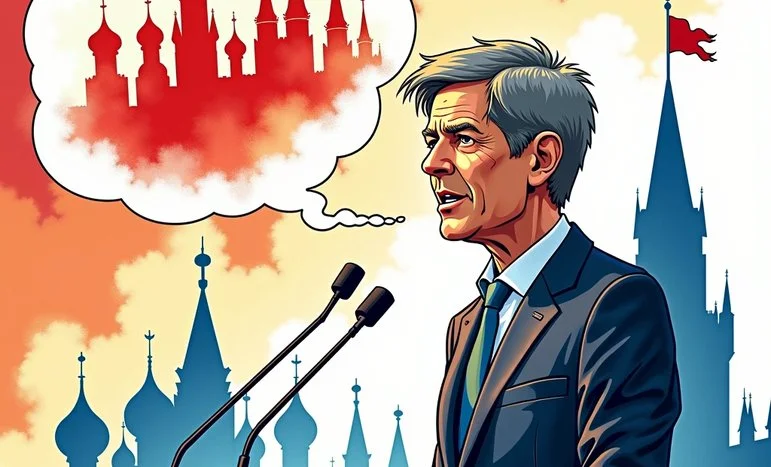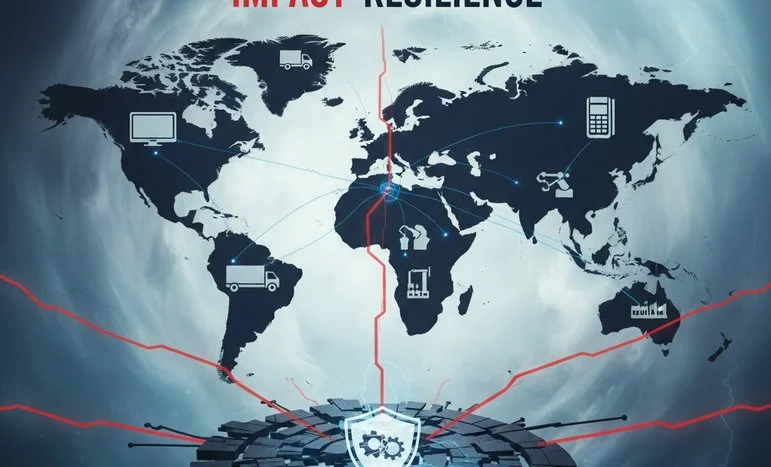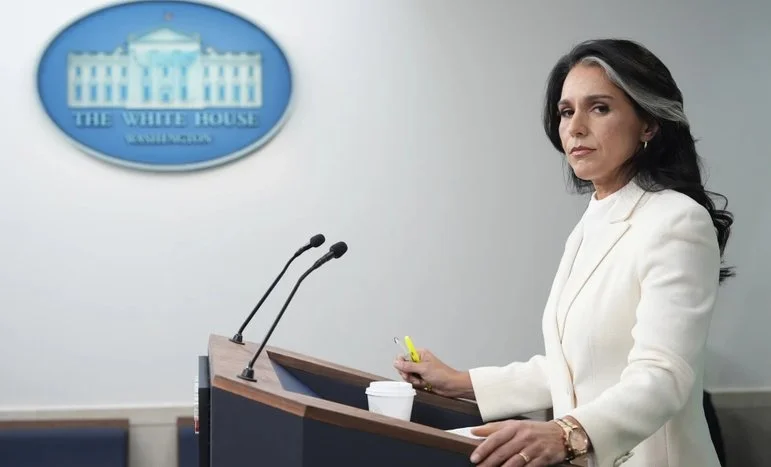
Trump Revokes Security Clearances of 37 Officials: Politics Over Protocol
The decision by the Trump administration to revoke the security clearances of 37 current and former government officials marked a striking moment in the evolution of American political norms, triggering widespread debate over whether national security procedures were being subordinated to partisan objectives. Security clearances have traditionally functioned as apolitical instruments, designed to protect classified information and ensure that only trusted individuals with a demonstrable need-to-know have access to sensitive material. By targeting a large group of individuals, many of whom were no longer serving in official government roles and were publicly critical of the administration, the move raised immediate concerns that the revocations were motivated less by security risk assessments and more by political calculation.
At the core of the controversy lies the fundamental purpose of a security clearance system. Clearances exist to safeguard intelligence sources, military planning, and diplomatic communications, not to reward loyalty or punish dissent. Historically, revocation decisions have followed defined processes, often triggered by changes in personal circumstances, demonstrated security violations, or credible counterintelligence risks. In this instance, the absence of clear, individualized explanations for why each of the 37 officials posed a security threat led critics to argue that the decision blurred the line between governance and retaliation. When a mechanism designed for national protection appears to be repurposed as a political instrument, it risks undermining public trust not only in the executive branch but in the broader national security architecture.
The individuals affected by the revocations came from diverse professional backgrounds, including intelligence, diplomacy, defense, and policy analysis, and spanned multiple administrations. Many were no longer active participants in government decision-making and held clearances largely as a matter of institutional continuity or to provide informed commentary on public affairs. Their collective inclusion suggested a symbolic gesture rather than a targeted security response. For critics, this reinforced the perception that the move was less about protecting classified information and more about signaling consequences for political opposition, particularly in an era when former officials increasingly participate in public debate through media appearances and opinion writing.
Supporters of the administration defended the action by emphasizing the president’s authority over classification and access decisions, arguing that no individual has an inherent right to a security clearance. From this perspective, trust in handling sensitive information is discretionary, and the executive branch retains broad latitude to determine who merits continued access. They contended that some former officials had leveraged their prior positions to advance partisan narratives, potentially blurring the boundary between informed analysis and political advocacy. In their view, revocation was a corrective measure, restoring discipline to a system that had become too permissive.
Yet this defense did little to quiet concerns about precedent. Even if the executive possesses the legal authority to revoke clearances, the manner in which that authority is exercised matters greatly for institutional stability. National security systems depend on predictability, professionalism, and insulation from political swings. When revocations appear to track political loyalties rather than measurable security risks, future administrations may feel emboldened to use the same tools against their critics, accelerating a cycle of tit-for-tat governance. Over time, such practices could erode the credibility of clearance decisions altogether, transforming them from neutral safeguards into expected instruments of political pressure.
The implications extend beyond the individuals directly affected. Career civil servants and intelligence professionals operate within a culture that values candid analysis, even when it conflicts with political preferences. The perception that criticism of elected leadership, whether expressed during or after government service, could result in personal or professional consequences sends a chilling signal. Analysts may self-censor, avoid dissenting assessments, or prioritize political safety over analytical rigor. In fields where honest evaluation of threats is essential, even subtle distortions in behavior can have significant downstream effects on policy quality and national preparedness.
This episode also highlighted the growing politicization of institutions historically regarded as non-partisan. Intelligence agencies, national security councils, and clearance review boards are designed to function independently of electoral dynamics, providing continuity across administrations. When political narratives dominate decisions within these spaces, the distinction between state institutions and partisan machinery begins to blur. For a democratic system that relies on checks, balances, and professional norms, this blurring represents a structural vulnerability rather than a short-term controversy.
Public reaction to the revocations reflected broader polarization within American politics. To supporters of the administration, the move was framed as overdue accountability, a rejection of an entrenched establishment perceived as hostile to outsider leadership. To critics, it symbolized an escalation in the use of executive power to settle political scores. These competing interpretations underscored how even procedural decisions, once considered technical and obscure, have become proxies for deeper ideological battles over governance, authority, and institutional legitimacy.
From a governance perspective, the revocation decision also raised practical questions about effectiveness. Removing clearances from former officials does not erase their knowledge, experience, or ability to influence public discourse. In many cases, it may amplify their visibility by transforming a bureaucratic action into a political controversy. Rather than neutralizing criticism, such moves can strengthen narratives of victimization and authoritarian overreach, potentially backfiring in the court of public opinion. This dynamic illustrates the limits of administrative power when deployed for symbolic rather than functional purposes.
The long-term consequences of this episode will depend on whether it remains an outlier or becomes normalized. If future administrations treat clearance revocation as a standard response to political disagreement, the cumulative effect could be the degradation of a system built on trust and professional integrity. Conversely, if institutional actors and political leaders reaffirm the separation between security protocols and partisan conflict, the episode may serve as a cautionary example rather than a turning point.
Ultimately, the revocation of security clearances for 37 officials encapsulated a broader tension in contemporary politics: the struggle between executive authority and institutional restraint, between loyalty and professionalism, and between short-term political gains and long-term democratic health. What should have remained a quiet, security-driven process instead became a public spectacle, emblematic of an era in which even the most technical aspects of governance are drawn into partisan confrontation. Whether this moment is remembered as an aberration or a precedent will shape not only the future of security clearances, but the resilience of non-partisan institutions in an increasingly polarized political landscape.
We appreciate that not everyone can afford to pay for Views right now. That’s why we choose to keep our journalism open for everyone. If this is you, please continue to read for free.
But if you can, can we count on your support at this perilous time? Here are three good reasons to make the choice to fund us today.
1. Our quality, investigative journalism is a scrutinising force.
2. We are independent and have no billionaire owner controlling what we do, so your money directly powers our reporting.
3. It doesn’t cost much, and takes less time than it took to read this message.
Choose to support open, independent journalism on a monthly basis. Thank you.

